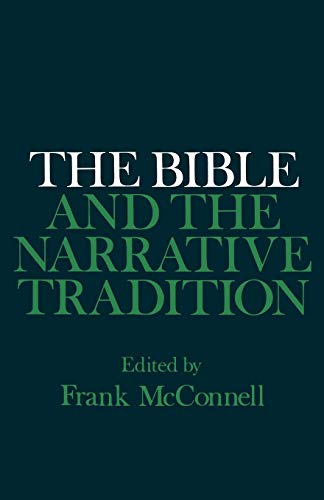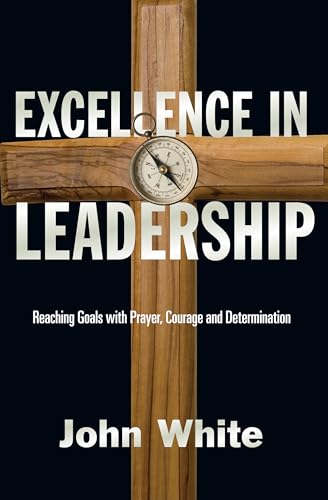Martin Luther. An Introduction to his life and work
Written by Bernard Lohse Reviewed By James AtkinsonThis is an excellent book written by one of our most competent and reputable Luther scholars, and further, a scholar committed to his church. Nevertheless, in a review written for Themelios, it should be stated at the outset that this book is not a simple guide into Luther’s life and thought written with the average hard-pressed student in mind, nor is it an introduction to Luther studies which the average student could read. (Students seeking to gain a working knowledge of Luther would be advised to turn to the works of such as H. H. Kramm or Paul Altaus, to Roland Bainton, Gordon Rupp and Philip Watson, seeking guidance from their tutors.)
What then is this book which describes itself as an introduction to Luther’s life and work? It is a modern, critical evaluation of what the last 60 years of international and inter-denominational scholarship have made of the life and work of Luther. It is written for the well-informed student who is seeking to pursue study and research into Luther. The average student would do well to reflect that were he to devote eight hours a day to reading nothing else but Luther’s works, it would take him about 25 years to read through the whole corpus once, assuming a reasonable competence in Latin and 16th-century German. Not only are Luther’s writings a national monument, but his impact on theology has been enormous, and still is: he continues to reverberate down the centuries. It is not only that this book demands of the reader a very good working knowledge of Luther, but that the book can only be fully appreciated in relation to the theological movements of the last 100 years, the last 60 in particular, since Karl Holl’s rediscovery of Luther about 1926.
This definition of the readership should not be interpreted as to detract in any way from the value of this study. Lohse begins with an examination of the world into which Luther was born, and moves into a summary of Luther’s life. At the outset he indicates the nature of his enquiry. It is a ‘corrective’ book, and a ‘cautionary’ book, in that it raises and discusses all the questions modern liberal scholarship directs at Luther, and in so doing corrects many misunderstandings, and cautions against simplistic solutions. On some pages he raises as many as five questions for the reader to consider, not unlike a conscientious professor questioning his research student on the results of his research. Some of these questions are on themes as central to Luther as the Church and Ministry, and the (so-called) doctrine of the Two Kingdoms (or Two Governments) which most people tend to assume they already understand. Almost the entire range of Luther’s writings is scrutinized, their relative importance, genre, and historical context examined. Lohse displays confident expertise on the real issues of Luther’s theology, and a masterly grasp of all modern interpreters, as well, of course, as familiarity with the Luther corpus itself. He also examines the whole history of Luther interpretation, the tasks, perspectives and problems. This field in itself is a lifetime’s study.
The book gives excellent guidance on the contemporary aids to Luther research (translations, dictionaries, guides), and provides a useful bibliography for the student who wishes to pursue his studies. It is for such a student Lohse is here writing, and for such a student it is the best book available. The book should be in every theological library.
The text is well translated for English students by Robert C. Schultz into clear and short sentences. The presentation and publication of the book is of high quality, and the reviewer appreciated keenly the virtually unknown 16th-century sketch on the dust cover of the real, rugged Luther. It is a fitting design for Lohse’s book, which also presents the real and rugged true Luther for those who take him seriously, and for those prepared to undertake a few years’ hard labour, or even their life’s work, to understand him and his significance for Christianity, and for history, for that matter.
James Atkinson
Sheffield







